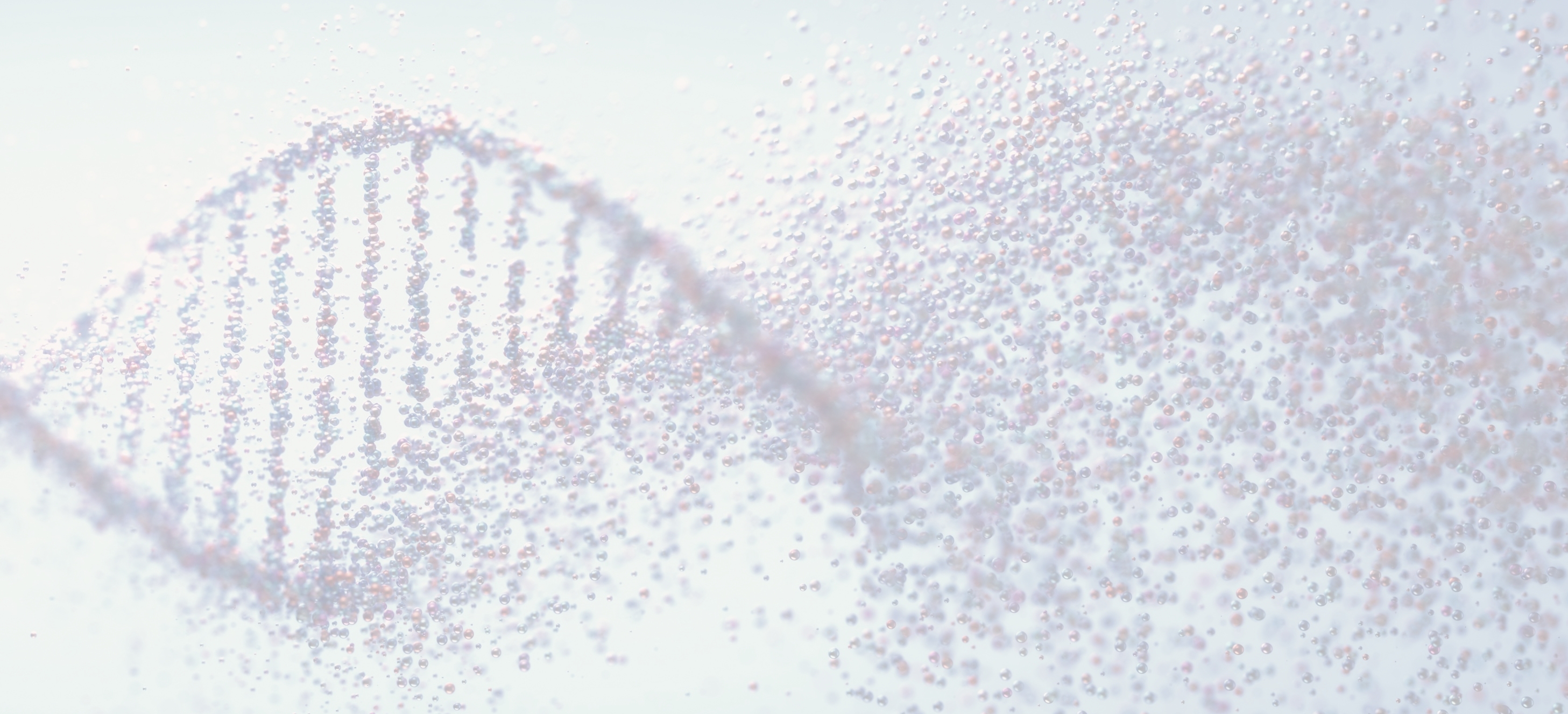Research on congenital anemia, a ray of hope for patients and researchers - the testimony of a patient and future scientist María Dolores Muñoz.
For María Dolores Muñoz, a student in the biomedical field and a patient with congenital anaemia, research on rare diseases is not only a necessity, but a source of hope. Her testimony highlights the importance of continuing to advance clinical studies to improve the quality of life of those who live with these pathologies.
For María Dolores, studies such as 'Nanemiar', focused on congenital anaemia, represent a great advance. "Although the results are not immediate, they give us hope. Knowing that there are people investigating to improve our quality of life is a great incentive," she says.
Research on rare diseases is advancing, but its pace depends largely on investment and the interest it generates in the scientific and medical community. In the case of congenital anaemias, the lack of studies is a reality that patients themselves experience with uncertainty.
The IMIB-FFIS is a part of an international consortium that has received 2.7 million in European funding to develop this research, coordinated by Dr. Ana Belén Pérez-Oliva.
Source of information:
Full testimony available at the following link – article in La Verdad Murcia (in Spanish)
Dr. Ana Belén Pérez-Oliva, Maria Dolores Muñoz and Dr. Eduardo Salido. FFIS-IMIB /SMS


